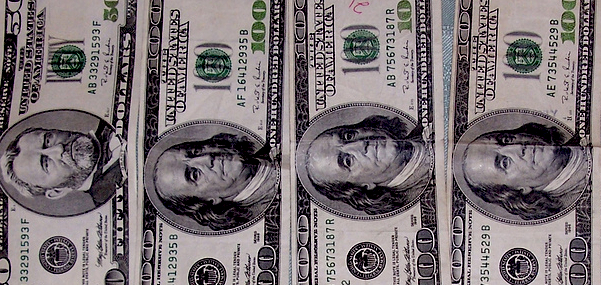
Accidental Empires, Part 19 -- Economics of Scale (Chapter 13)
Nineteenth in a series. "Computer companies don’t go public to raise money; they go public to make real the wealth of their founders", Robert X. Cringely explains in this chapter from 1991 tome Accidental Empires. Other organizations do IPOs to fund future investments, whereas many tech firms already sit on mountains of cash when going public.
We’re at the ballpark, now, and while you and I are taking a second bite from our chilidogs, this is what’s happening in the outfield, according to Rick Miller, a former Gold Glove center fielder for the Bosox and the Angels. When the pitcher’s winding up, and we figure the center fielder’s just stooped over out there, waiting for the photon torpedoes to load and thinking about T-bills or jock itch endorsements, he’s really watching the pitcher and getting ready to catch the ball that has yet to be thrown. Exceptional center fielders use three main factors in judging where the ball will land: what kind of pitch is thrown where in the hitter’s zone, the first six inches of the batter’s swing, and the sound of the ball coming off the bat.

Accidental Empires, Part 18 -- On the Beach (Chapter 12)
Eighteenth in a series. The true test of a good writer is time. Chapter 12 of Robert X. Cringely's 1991 classic Accidental Empires passes easily. His observations about what makes, or breaks, high-tech start-ups is as relevant today as 22 years ago. Every entrepreneur should use this installment as a manual for what to do (or not).
America’s advantage in the PC business doesn’t come from our education system, from our fluoridated water, or, Lord knows, from our tax structure. And it doesn’t come from some innate ability we have to run big companies with thousands of employees and billions in sales. The main thing America has had going for it is the high-tech start-up, and, of course, our incredible willingness to fail.

Accidental Empires, Part 17 -- Font Wars (Chapter 11)
Seventeenth in a series. Love triangles were commonplace during the early days of the PC. Adobe, Apple and Microsoft engaged in such a relationship during the 1980s, and allegiances shifted -- oh did they. This installment of Robert X. Cringely's 1991 classic Accidental Empires shows how important is controlling a standard and getting others to adopt it.
Of the 5 billion people in the world, there are only four who I’m pretty sure have stayed consistently on the good side of Steve Jobs. Three of them -- Bill Atkinson, Rich Page, and Bud Tribble -- all worked with Jobs at Apple Computer. Atkinson and Tribble are code gods, and Page is a hardware god. Page and Tribble left Apple with Jobs in 1985 to found NeXT Inc., their follow-on computer company, where they remain in charge of hardware and software development, respectively.
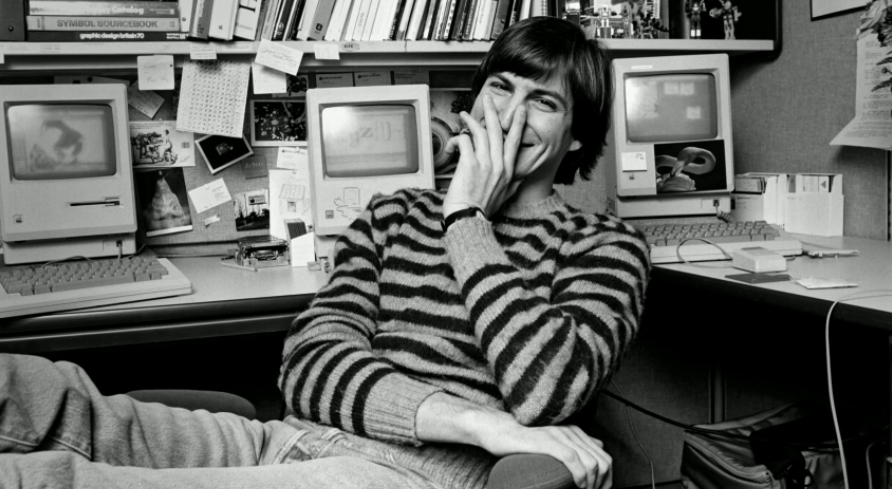
Accidental Empires, Part 16 -- The Prophet (Chapter 10)
Sixteenth in a series. Robert X. Cringely's tome Accidental Empires takes on a startling prescient tone in this next installment. Remember as you read that the book published in 1991. Much he writes here about Apple cofounder Steve Jobs is remarkably insightful from the context of looking back. Some portions foreshadow the future -- or one possible outcome -- when looking at Apple following Jobs' ouster in 1985 and the company now following his death.
The most dangerous man in Silicon Valley sits alone on many weekday mornings, drinking coffee at II Fornaio, an Italian restaurant on Cowper Street in Palo Alto. He’s not the richest guy around or the smartest, but under a haircut that looks as if someone put a bowl on his head and trimmed around the edges, Steve Jobs holds an idea that keeps some grown men and women of the Valley awake at night. Unlike these insomniacs, Jobs isn’t in this business for the money, and that’s what makes him dangerous.
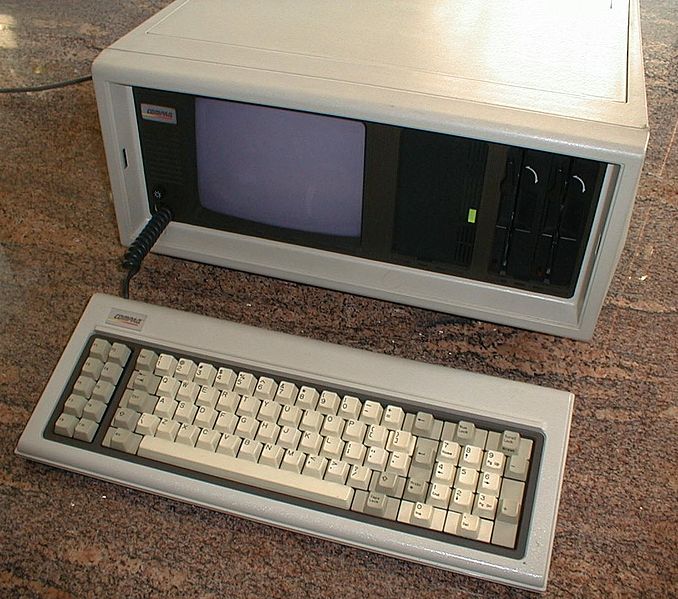
Accidental Empires, Part 15 -- Clones (Chapter 9)
Fifteenth in a series. The next chapter in Robert X.Cringely's 1991 classic, Accidental Empires, looks at the real rise of Microsoft. IBM established the standard hardware, which Compaq successfully "cloned", and for which developers created software. Cringely explains how standards evolve, using vinyl records as metaphor.
It was in the clay room, a closet filled with plastic bags of gray muck at the back of Mr. Ziska’s art room, where I made my move. For the first time ever, I found myself standing alone with Nancy Wilkins, the love of my life, the girl of my dreams. She was a vision in her green and black plaid skirt and white blouse, with little flecks of clay dusted across her glasses. Her blonde hair was in a ponytail, her teeth were in braces, and I was sure -- well, pretty sure -- that she was wearing a bra.
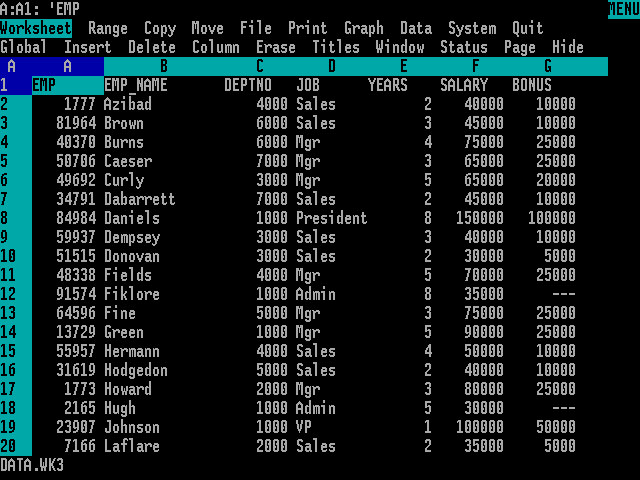
Accidental Empires, Part 14 -- Software Envy (Chapter 8)
Fourteenth in a series. We resume Robert X. Cringely's serialization of his 1991 tech-industry classic Accidental Empires after short repast during a period of rapid-fire news.
This installment reveals much about copying -- a hot topic in lawsuits today -- and how copyrights and patents apply to software and why the latter for a long time didn't.
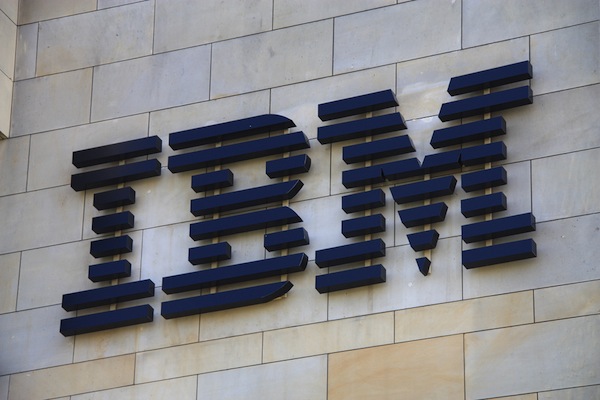
Accidental Empires, Part 13 -- All IBM Stories are True (Chapter 7)
Thirteenth in a series. If you ever wondered about the real story behind the IBM PC, this chapter of Robert X. Cringely's 1991 classic is the one for you.
I live in California in a house that I can’t really afford in a neighborhood filled with blue-haired widows and with two-earner couples who have already made the jump from BMW to Acura and in their hearts are flirting with voting Republican.
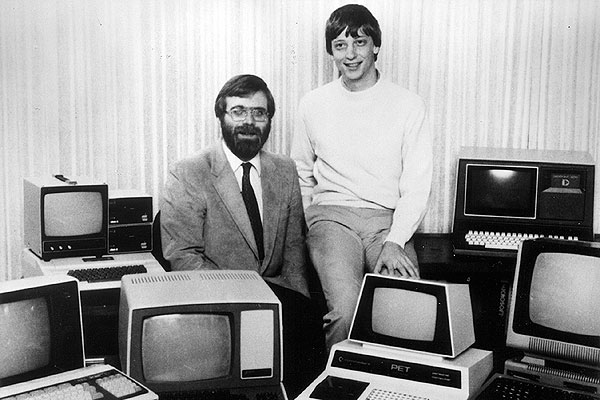
Accidental Empires, Part 12 -- Chairman Bill Leads the Happy Workers in Song (Chapter 6)
Twelfth in a series. No look at the rise of the personal computing industry would be complete without a hard look at Bill Gates. Microsoft's cofounder set out to put a PC on every desktop, and pretty much succeeded. "How?" is the question.
Chapter 6 of Robert X. Cringely's 1991 classic Accidental Empires is fascinating reading in context of where Gates and Microsoft are today and what their success might foreshadow for companies leading the charge into the next computing era.
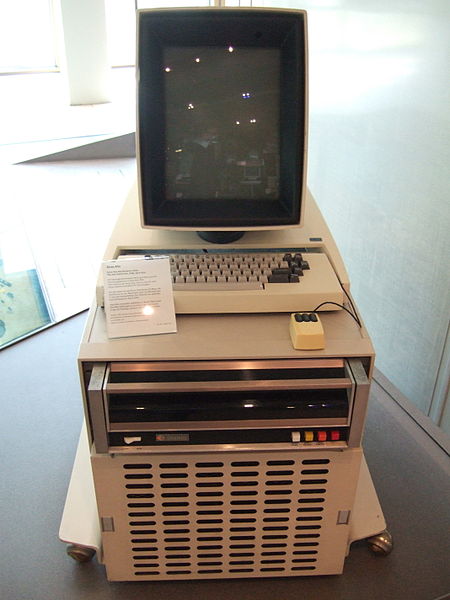
Accidental Empires, Part 11 -- Role Models (Chapter 5)
Eleventh in a series. The next installment of Robert X. Cringely's 1991 tech-industry classic Accidental Empires is highly appropriate for the industry today. He discusses concepts like "look and feel", how pioneers freely copied ideas and where attitudes began to change. There's something prescient, with respect to aggressive patent litigation by Apple and some other companies today.
This chapter also explores the incredible contribution one research lab, Xerox PARC, made to personal computing as we know it --germinator of graphical user interface, mouse, Ethernet and laser printer, among others. Photo is of the Alto, arguably the first computer workstation and one of many, many products conceived but not marketed.
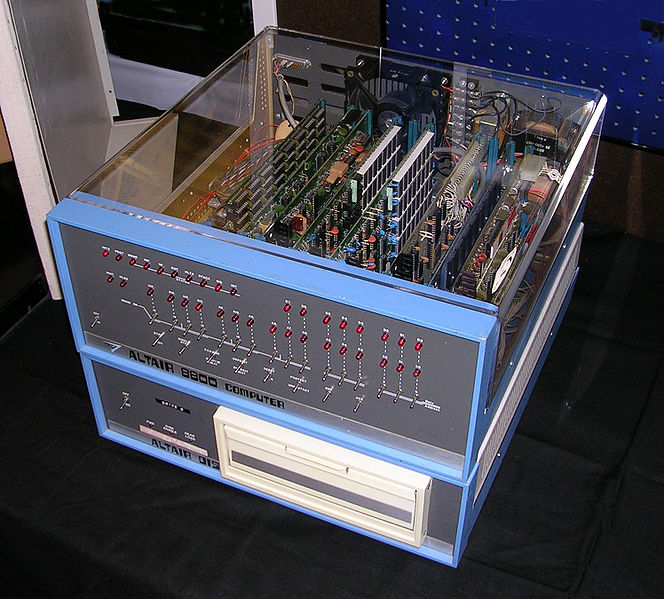
Accidental Empires, Part 10 -- Amateur hour (Chapter 4)
Tenth in a series. Editor: Robert X. Cringely's brilliant tome about the rise of the personal computing industry continues, looking at programming languages and operating systems.
Published in 1991, Accidental Empires is an excellent lens for viewing not just the past but future computing.
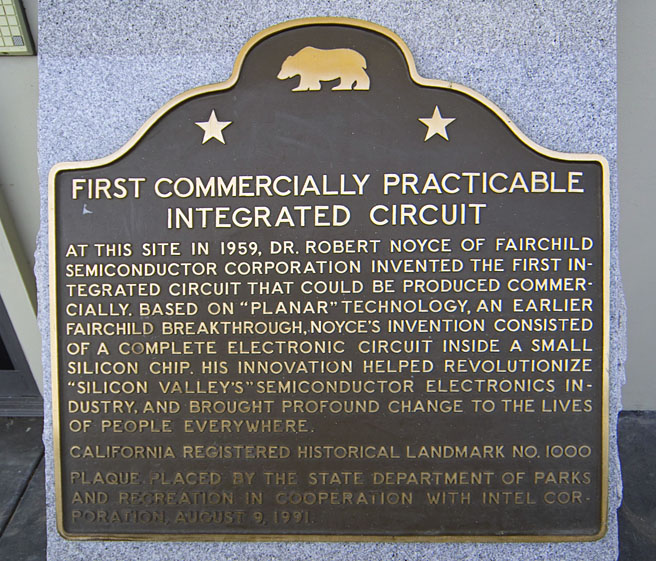
Accidental Empires, Part 9 -- Why They Don't Call It Computer Valley (Chapter 3)
Ninth in a series. Robert X. Cringely's brilliant look at the rise of the personal computing industry continues, explaining why PCs aren't mini-mainframes and share little direct lineage with them.
Published in 1991, Accidental Empires is an excellent lens for viewing not just the past but future computing.

Accidental Empires, Part 8 -- The Tyranny of the Normal Distribution (Chapter 2)
Eighth in a series. I don’t think posting pieces of chapters is working for any of us, so I’m changing the plan. We have 16 chapters to go in the book so I’ll be posting in their entirety two chapters per week for the next eight weeks.
Down at the Specks Howard School of Blogging Technique they teach that this is blogging suicide because these chapters are up to 7000 words long! Blog readers are supposed to have short attention spans so I’ll supposedly lose readers by doing it this way. But I think Specks is wrong and smart readers want more to read, not less -- if the material is good. You decide.

Accidental Empires, Part 7 -- Our Nerds (Chapter 1d)
Seventh in a series. Editor: Classic 1991 tome Accidental Empires continues, looking at a uniquely American cultural phenomenon.
The founders of the microcomputer industry were groups of boys who banded together to give themselves power. For the most part, they came from middle-class and upper-middle-class homes in upscale West Coast communities. They weren’t rebels; they resented their parents and society very little. Their only alienation was the usual hassle of the adolescent -- a feeling of being prodded into adulthood on somebody else’s terms. So they split off and started their own culture, based on the completely artificial but totally understandable rules of computer architecture. They defined, built, and controlled (and still control) an entire universe in a box -- an electronic universe of ideas rather than people -- where they made all the rules, and could at last be comfortable. They didn’t resent the older people around them -- you and me, the would-be customers -- but came to pity us because we couldn’t understand the new order inside the box -- the microcomputer.

Accidental Empires, Part 6 -- The Airport Kid (Chapter 1c)
Sixth in a series. Serialization of Robert X. Cringely's classic Accidental Empires makes an unexpected analogy.
The Airport Kid was what they called a boy who ran errands and did odd jobs around a landing field in exchange for airplane rides and the distant prospect of learning to fly. From Lindbergh’s day on, every landing strip anywhere in America had such a kid, sometimes several, who’d caught on to the wonder of flight and wasn’t about to let go.
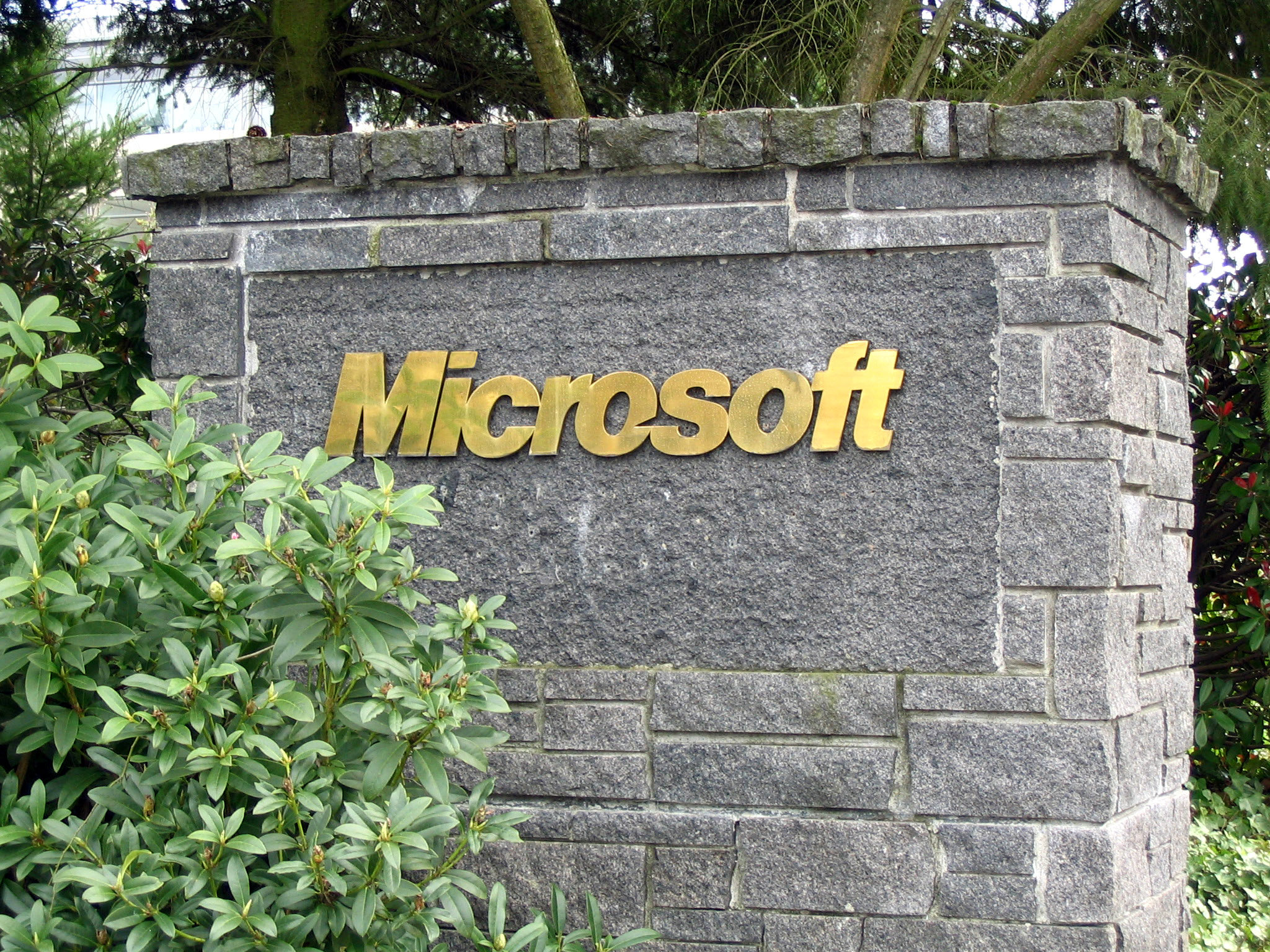
Accidental Empires, Part 5 -- The Demi-God (Chapter 1b)
Fifth in a Series. Editor: Serialization continues of landmark 1991 book Accidental Empires, looking at younger Microsoft CEO Bill Gates and Microsoft Word 3.0 for Macintosh -- proverbial vaporware at the time.
Several hundred users of Apple Macintosh computers gathered one night in 1988 in an auditorium in Ann Arbor, Michigan, to watch a sneak preview demonstration of a new word processing application. This was consumerism in its most pure form: it drew potential buyers together to see a demonstration of a product they could all use but wouldn’t be allowed to buy. There were no boxes for sale in the back of the room, no "send no money, we’ll bill you later". This product flat wasn’t for sale and wouldn’t be for another five months.

